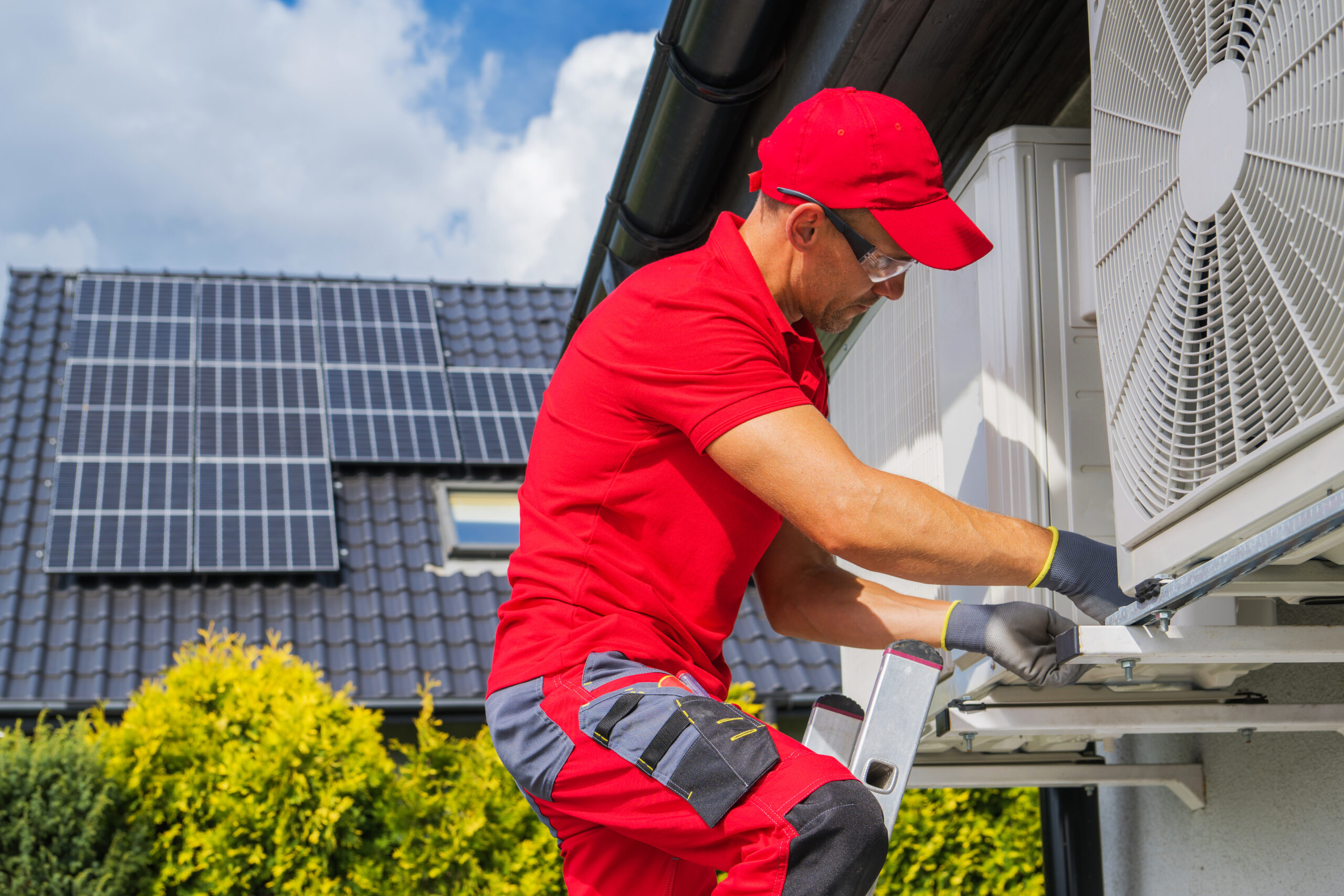How to Spot Early Signs of HVAC Trouble

Your heating and air conditioning system is one of the most complex and expensive appliances in your home. It works hard, often out of sight, to keep your family comfortable. Like any hard working piece of machinery, it will eventually show signs of wear and tear. Ignoring these early warnings can turn a minor, inexpensive fix into a major, costly breakdown.
At Heatwave Solutions, we believe in empowering homeowners to understand their systems better. Knowing how to recognize the first signs of trouble can save you from emergency calls, extend the life of your equipment, and keep your home comfortable year round. Here are the key indicators that your HVAC system may need professional attention.
Interpreting Your HVAC System’s Strange Noises
The Unfamiliar Sounds You Should Not Ignore
Your system should operate with a consistent, low hum. When new and unusual noises start, your HVAC unit is trying to tell you something is wrong. You might hear a loud banging or clanking when the system kicks on, a persistent high pitched screeching or squealing while it runs, or a constant electrical buzzing noise from the unit itself. These are not normal operational sounds.
The Potential Cause Behind the Noise
Each sound often points to a specific problem. A loud banging noise can indicate a loose or broken part, such as a piston pin or connecting rod inside the compressor. Screeching or squealing very commonly points to a failing blower motor bearing or a worn out belt. An electrical buzzing sound can signal a failing capacitor, a loose electrical connection, or a problem with the contactor. Acting on these noises quickly can prevent a component’s failure from causing a chain reaction of damage.
What Do Those Weird HVAC Smells Mean?
The Common Odors and What They Signal
Your sense of smell is a powerful diagnostic tool. If you notice a distinct odor coming from your vents when the system is running, it is time to investigate. The most common problem smells are a dusty or burning smell, a musty or moldy odor that smells like dirty socks, or the distinct smell of rotten eggs.
The Likely Culprit of the Unpleasant Smell
A burning smell when you first turn on your furnace in the winter is often just dust burning off the heat exchanger and is normal. A persistent burning or electrical smell, however, could be an overheating motor or a wiring issue that poses a fire hazard. A musty odor indicates the presence of mold or mildew growing inside your ductwork or on the indoor coil due to excess moisture. The smell of rotten eggs is the most urgent warning. Natural gas is odorless, so utility companies add a substance called mercaptan to give it that unique smell. If you smell this, you may have a gas leak. You should leave your home immediately and call your gas company.
Troubleshooting Weak or Uneven Airflow from Your Vents
The Symptom of Poor Circulation
You may notice that the air coming from your vents feels weak or that you can barely feel it at all. Another common symptom is uneven heating or cooling, where one room feels perfect while another is hot and stuffy. You are paying for a comfortable home, but your system is not delivering that comfort to every room.
The Possible Reasons for Low Airflow
The number one cause of weak airflow is a dirty, clogged air filter. This is the first thing you should always check. If the filter is clean, the problem could be more serious. You might have a failing blower motor that can no longer push air with enough force. It is also possible that your ducts have become disconnected or crushed in the attic or crawlspace, or that they are leaking significantly and sending your conditioned air where it does no good.
Why Is My HVAC Unit Leaking Water?
The Observation of Puddles or Moisture
Your air conditioner naturally creates water as a byproduct of cooling and dehumidifying your home’s air. However, this water should never pool around your indoor or outdoor unit. If you see active leaks, water stains on the ceiling below your air handler, or a full emergency drain pan, you have a problem that needs immediate attention to prevent water damage.
The Explanation for Leaks and Condensation
The water your AC creates is supposed to collect in a drain pan and flow outside through a condensate drain line. The most common reason for a leak is that this drain line has become clogged with algae and sludge, causing the water to back up and overflow. It could also mean you have a broken condensate pump or, in more serious cases, a refrigerant leak. A refrigerant leak will often look and feel oily and should be handled by a professional right away.
When to Call for Professional HVAC Help
These early warning signs are your HVAC system’s way of asking for help before a critical failure occurs. While changing an air filter is a simple task for any homeowner, most of these symptoms point to underlying issues that require professional tools and expertise to diagnose and repair safely. If you notice any of these signs in your Southern Utah home, do not wait for the problem to get worse. The expert team at Heatwave Solutions is here to provide honest diagnostics and reliable repairs to keep your system running smoothly.

